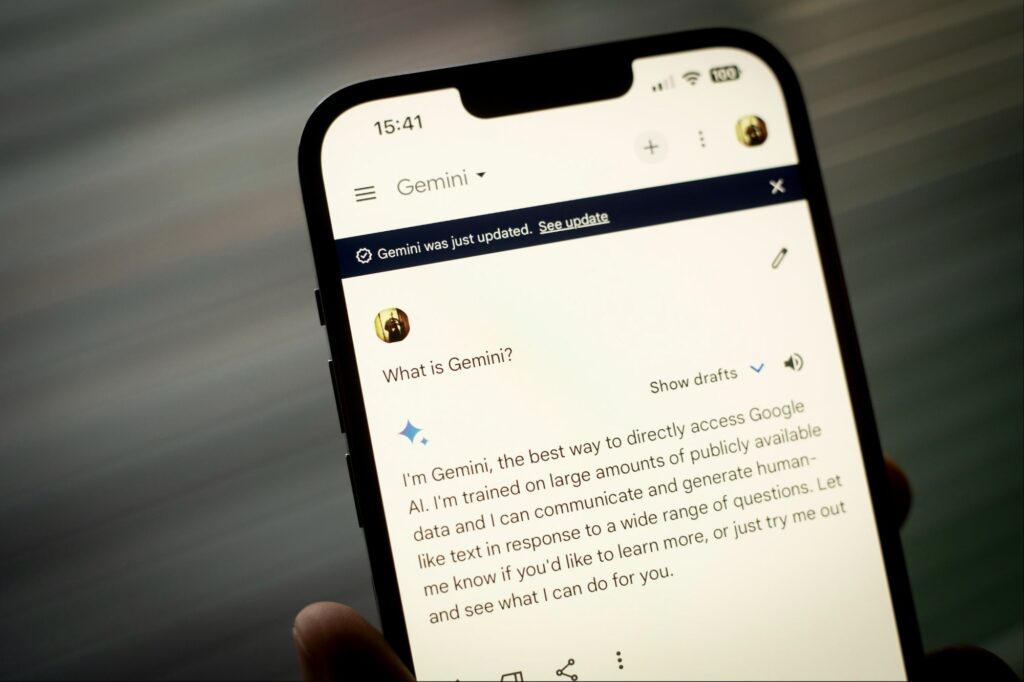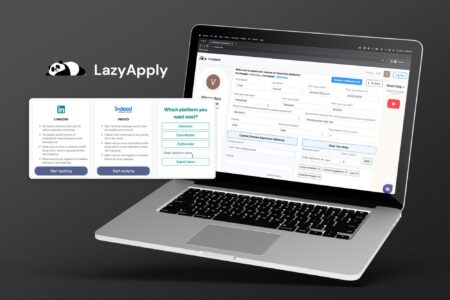Opening up a new Google Doc or looking at your Gmail inbox? You might see a new, AI-powered side panel that can start writing for you.
Google announced on Monday that features powered by its ChatGPT-equivalent Gemini AI will begin to appear within products central to its brand, including Gmail, Docs, Sheets, Slides, and Drive, for paying users.
For Gmail, Gemini can analyze a chain of back-and-forth emails and summarize them quickly in a few sentences. It also gives users an idea of how to respond to emails by suggesting responses and outright writing email drafts.
Gemini offers more specific ways that Gmail users can interact with it, based on their inbox. For example, the AI could suggest “Summarize conversations about the upcoming family trip” as a personalized suggestion.
Credit: Google
Docs, Sheets, Slides, and Drive use Gemini in similar ways — to summarize information, brainstorm what to say, and create new content.
Gemini could especially help in Drive if users want to find information across different sheets or documents without clicking through multiple files.
It also makes Sheets easier to understand: a written prompt asking Gemini for help tracking income and expenses now has the ability to transform a Google Sheet into a professional-looking budget tracker.
Related: Want to Be More Productive? Here’s How Google Executives Structure Their Schedules
The new AI features use Google’s latest, most capable AI models — including its Gemini 1.5 Pro model, which can take in more context and process longer prompts.
Google Workplace customers with the Google One AI Premium plan or Gemini Business, Enterprise, or Education add-ons will start to see the Gemini side panel in the coming weeks.
Though Google is pressing on with AI for its key work and communication tools, it may have scaled back AI efforts on its search engine after receiving pushback for the feature’s inaccurate responses.
A study last week from SEO platform SE Ranking revealed that the percentage of AI summaries Google shows the public has dropped by 52%.
Google has become “more selective when generating AI content than before,” the researchers found.
Related: Google’s New AI Search Results Are Already Hallucinating
Read the full article here












